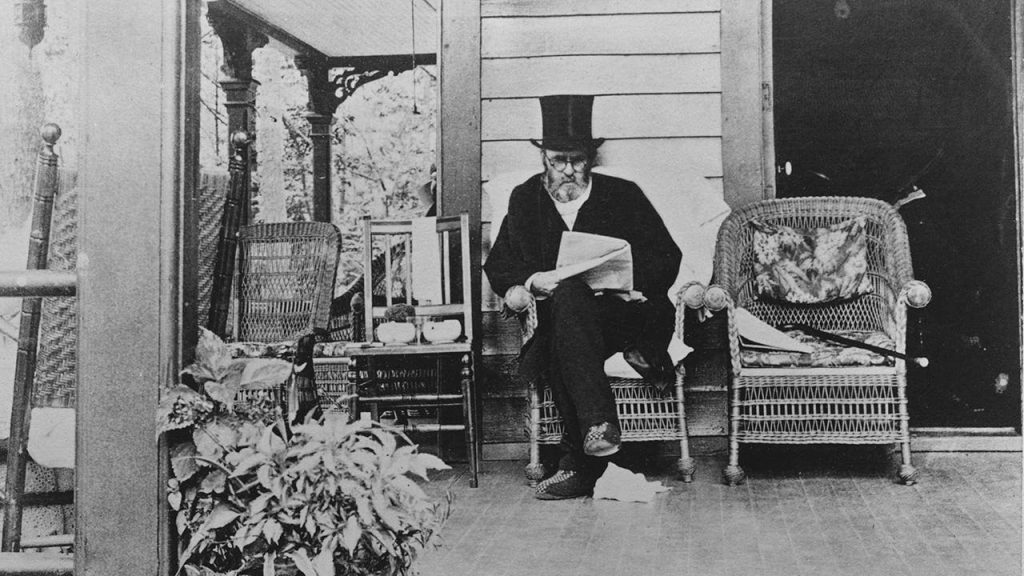Ulysses S. Grant, the 18th president of the United States, had a compelling upbringing and time in the White House. Born in 1822, he graduated from West Point and served in the U.S. Army before becoming a legendary general during the Civil War. Grant’s military victories led to his appointment as lieutenant general and ultimately to the end of the Civil War when General Robert E. Lee’s Army of Northern Virginia surrendered in April 1865. Grant was later elected president in 1868 and served two terms during the Reconstruction era, where he brought in many leaders from the Army to help rebuild the nation.
During his presidency, Grant worked to ensure rights for all citizens by ratifying the 15th amendment, which gave Black men the right to vote, and signing legislation to limit the activity of White terrorist groups such as the Ku Klux Klan. He also established Yellowstone National Park as America’s first national park. Despite facing various scandals during his time in office, Grant won re-election in 1872 and continued his presidency for another four years. After leaving the White House, Grant worked for a financial firm before being diagnosed with throat cancer. He passed away in 1885 at the age of 63 at his family’s summer cottage in Mount McGregor, New York, where he was laid to rest in New York City’s Riverside Park alongside his wife Julia.
Grant’s legacy is memorialized by the largest mausoleum in North America, which serves as the final resting place for him and his wife. The monument is a testament to the gratitude of the American people for Grant’s role in ending the bloodiest conflict in American history as the commanding general of the Union Army. Through his efforts to heal the nation after the Civil War and advocate for the rights of all citizens, Grant left a lasting impact on the United States. His presidency marked a time of rebuilding and progress during a tumultuous period in American history, and his contributions to the nation are remembered and honored to this day.
In addition, other significant historical events occurred on July 23, such as the birth of iconic game show host Alex Trebek in Canada on July 22, 1940. Ulysses S. Grant’s early life in Georgetown, Ohio, where he grew up in a family of tanners, and his marriage to Julia Dent in 1848, before he began his military career, also shaped his path to becoming president. His tenure as president saw the implementation of policies and initiatives aimed at promoting equality and rebuilding the nation. Grant’s presidency, while marred by scandals, was characterized by his dedication to ensuring rights for all citizens and his efforts to unite the country after the Civil War.
Overall, Ulysses S. Grant’s life and legacy reflect a commitment to service, leadership, and the greater good. From his humble beginnings in Ohio to his rise to the presidency, Grant left an indelible mark on American history. His contributions to the nation, both on the battlefield and in the political arena, continue to be remembered and celebrated. Grant’s leadership during a pivotal period in American history demonstrates the importance of unity, equality, and perseverance in times of struggle and division. As the nation continues to strive for progress and justice, Grant’s legacy serves as a reminder of the enduring values and principles that shape the United States.


